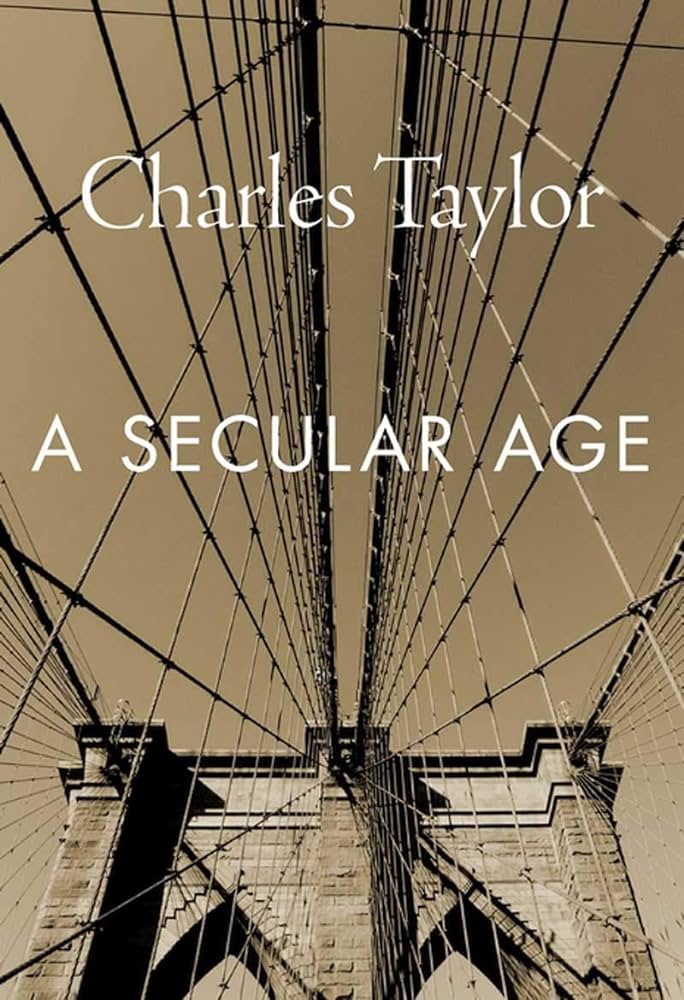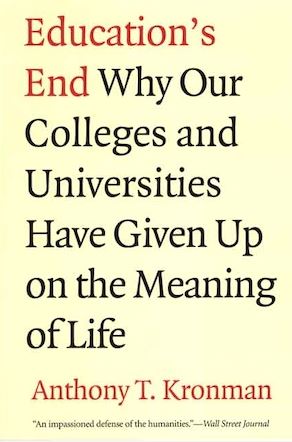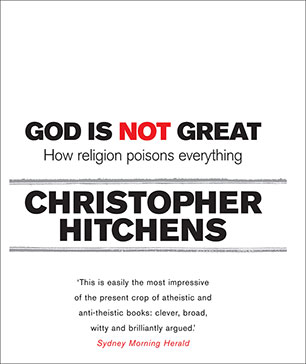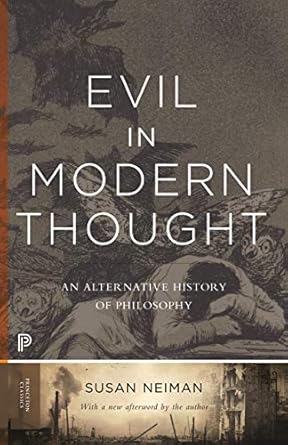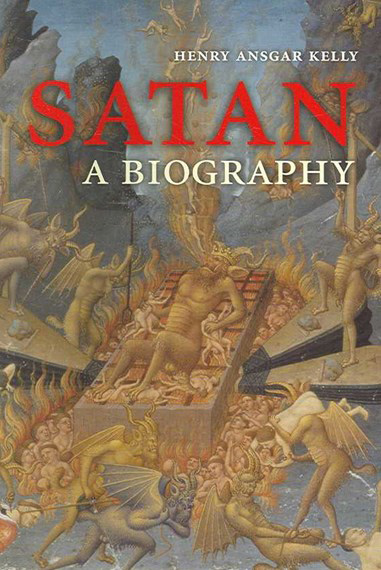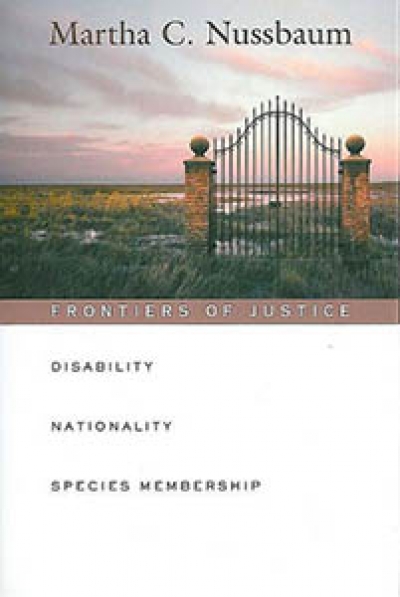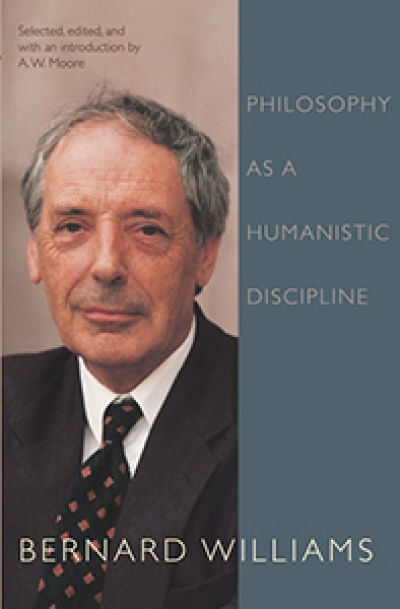Philosophy
That scourge of religion, Richard Dawkins, declared recently that the past year had been a bad one for God. He was probably referring to the success of his polemics against religion and to the tidal wave of kindred writings by other public intellectuals, such as Christopher Hitchens and Sam Harris. We do not know whether God would agree; and whether we should agree depends partly on how we read ‘success’. The books certainly sold and are widely acclaimed, and may even have garnered apostates. But for all their élan and entertainment, they are essentially concoctions and elaborations of arguments and observations made by earlier, more penetrating thinkers. If advancing understanding is at issue, as opposed to securing the public’s mobile attention, then we should judge that the tree of knowledge hasn’t burgeoned much lately, not on the theological branches, anyway.
... (read more)Education's End: Why our colleges and universities have given up on the meaning of life by Anthony T. Kronman
Travellers who go to Beijing usually visit the Great Wall. Along the way the government tour operators often take them to the Ming tombs, the final resting place of thirteen of the sixteen emperors of the Ming dynasty (1368–1644), three of which are now open to the public. The underground mausoleums have been cleared of all the grave goods and works of art that were set there to accompany the dead.
... (read more)Shakespeare the Thinking is the final and posthumously published book of the Oxford critic A.D. Nuttall, who died unexpectedly in January 2007. Pitched at a wider readership than most of his earlier writings, the book is the culmination of Nuttall’s lifetime thinking about Shakespeare, and the work by which his remarkable originality as a critic will no doubt be most widely recognised.
... (read more)God is Not Great: How religion poisons everything by Christopher Hitchens
The only salutary effect, it seems to me, of the evolution of religious fundamentalism over recent decades is the current reaction of some scientists, philosophers and public intellectuals. Since the end or the Enlightenment, interest in reasoned polemic against religion (which excludes communist attempts to extirpate it) has largely waned, possibly on the false supposition that the quarry had been mortally wounded. But the emergence of ruthless Islamist ambitions and terrorism, and the malign influence of elements of the Christian right and of right-wing Jewish groups, especially in George W. Bush’s America, appear at last to have spurred intellectuals to produce books and documentaries, to confer and to organise, to engage in resistance to what is rightly perceived as a religious assault on reason and liberal values, as the dying of secular light. The most prominent of the current critics are the philosophers Daniel Dennett and Michel Onfray, the biologist Richard Dawkins and the versatile Christopher Hitchens.
... (read more)Evil in Modern Thought: An alternative history of philosophy by Susan Neiman
Late in in the thirteenth century, Alfonso X (‘The Wise’), king of Castille, declared: ‘If I had been of God’s counsel at the Creation, many things would have been ordered better.’ He raised a storm. That wickedness, natural disaster and the inexorable corruption of things filled the world with suffering had hardly gone unnoticed, of course. Theologians had long sought to reconcile the existence of evil with God’s omnipotence and benevolence. But Alfonso reanimated a worm in the heart of reason: the suspicion that, really, God could have done better.
... (read more)One stock form of biography is attempting the rehabilitation or revision of a character whose reputation seems well settles. In theory, the most challenging of such projects is that of returning the Devil, otherwise known as Lucifer or Satan, from the lowest circle of human estimation to a more sympathetic or nuanced position. With a tip of the hat to Jack Miles’s God: A Biography (1995), Henry Ansgar Kelly constructs a diabolical life of sorts, retracing the idea of Satan across the centuries from ancient Israel to contemporary Catholicism. This is partly a popularising presentation of scholarly research on an idea and its variations, and partly the outworking of the attractive conceit, borrowed from Miles, that behind the pages of scriptural and apocryphal material lies the development of a real character.
... (read more)Frontiers of Justice: Disability, nationality, species membership by Martha C. Nussbaum
The concept of justice, like all the fundamental philosophical concepts – meaning, truth and so on – is perplexing. Justice has something to do with the distribution of ‘goods’ or benefits and ‘bads’ or burdens. Retributive justice aims to inflict a just burden – punishment – on the delinquent, or to take something away (‘make the offender pay’). Corrective justice, in the form of tort law, prescribes how victims who have lost goods unfairly should be compensated. Social justice is concerned with the fair or just distribution of social goods within a political dispensation. The definitional circularity here is obvious, and it is not clear that we can escape it.
... (read more)Philosophy as a Humanistic Discipline by Bernard Williams & The Sense of the Past by Bernard Williams
Bernard Williams began his philosophical life as the enfant terrible of mainstream English philosophy. In 2003 he died its most eminent contemporary figure. Williams was White’s Professor of Moral Philosophy at Oxford from 1990 to 1996, and a professor at Berkeley from 1988 until his death. Both these books are collections of essays, nearly all published previously, but many not easily accessible. In addition to three general essays about classical Greek philosophy, The Sense of the Past has essays on Socrates, Plato and Aristotle; and then on Descartes, Hume, Henry Sidgwick, Nietzsche, R.G. Collingwood, and Wittgenstein. The essays in Philosophy as a Humanistic Discipline are collected under the headings of ‘Metaphysics and Epistemology’, ‘Ethics’, and ‘The Scope and Limits of Philosophy’. In both volumes, the essays range across Williams’s philosophical life, affording a picture both of his recurring preoccupations and of the evolution of his concerns.
... (read more)The Oxford Handbook of Contemporary Philosophy edited by Frank Jackson and Michael Shmith
Handbooks are not new to philosophy, but the twentieth century’s final decade witnessed the start of a publication flood. Encyclopedias, dictionaries, handbooks and companions began to appear in unprecedented quantities. It is tempting to attribute this phenomenon to some fin-de-siècle anxiety – Where do we come from? What are we? Where are we going? – but the principal explanatory factor is probably more mundane: in the face of an increasingly unsurveyable range of journal articles, collections and books, there was a correspondingly burgeoning need among students for guidance, and among professionals to share the labour of keeping up.
... (read more)Martin Krygier’s deft, discursive prose could persuade anyone except an ironclad ideologue that it is exhilarating as well as healthy to examine one’s prejudices and complacencies. Krygier is also a writer possessed of a frank openness that gives credence to the idea that you can judge a book by its cover. I suspect he’d also enjoy the piquancy of maxim busting. The cover of Civil Passions is a particularly beautiful one: a detail of Ambrogio Lorenzetti’s 1338–40 fresco, the Allegory of Good Government. Its Giottoesque precision and its colour – those luminous Sienese pinks and reds – would be reason enough to use it. But there is a deeper fitness to the choice, and it has to do with what Krygier describes as his destined mode of being: one of hybridity.
... (read more)
